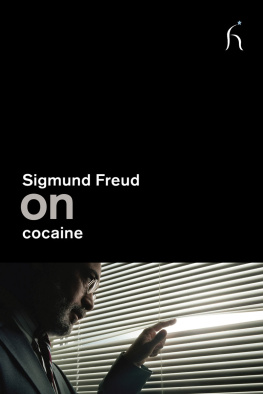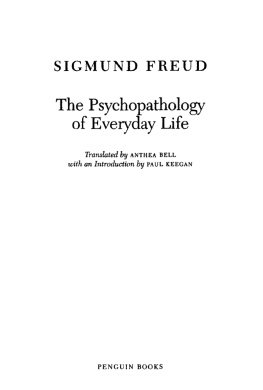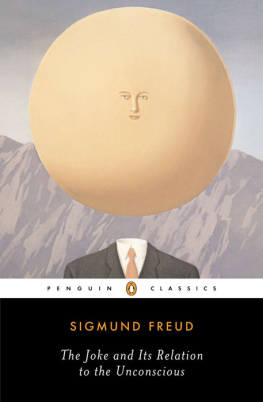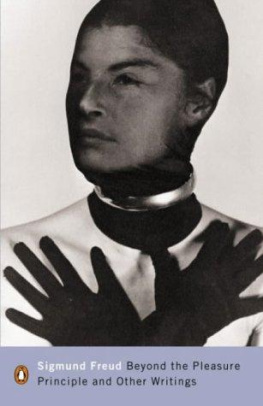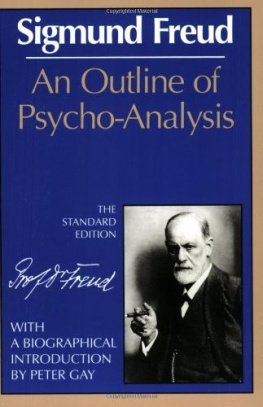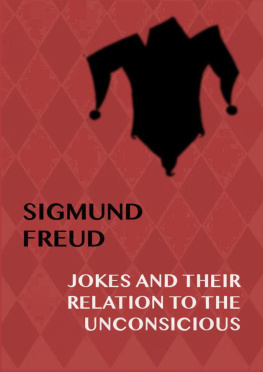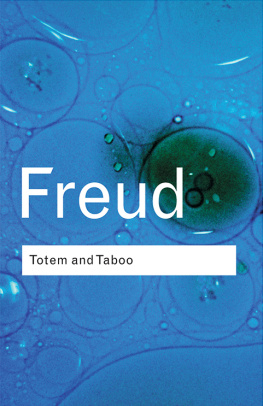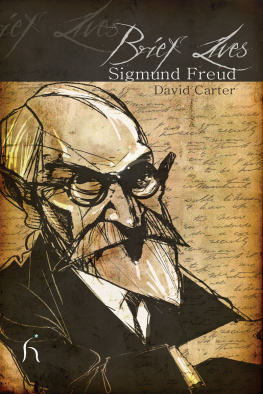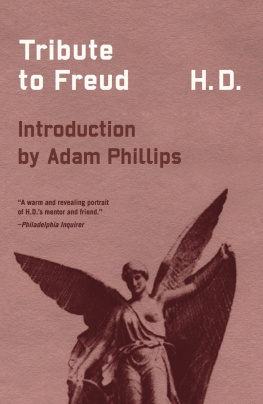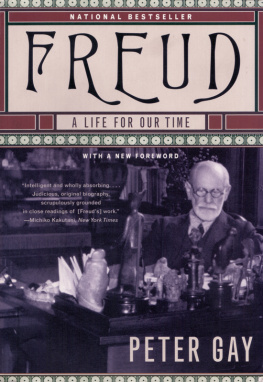

on
Published by Hesperus Press Limited
19 Bulstrode Street, London W1U 2JN
www.hesperuspress.com
Introduction and English language translation David Carter, 2011
This collection first published by Hesperus Press Limited, 2011
Designed and typeset by Fraser Muggeridge studio
Printed in Jordan by Jordan National Press
ISBN: 978-1-84391-601-7
All rights reserved. This book is sold subject to the condition that it shall not be resold, lent, hired out or otherwise circulated without the express prior consent of the publisher.
Contents
Introduction
One cannot in all honesty assert that Sigmund Freud contributed directly to the invention of a world-renowned beverage, containing coca, kola nut extract and other ingredients, but his writings on the uses of the coca plant, and the alkaloid cocaine derived from it, raised hopes both in Europe and in America, that a remarkable new panacea had indeed been discovered.
The coca plant, erythroxylon coca, had in fact been known about since the Spanish conquest of South America, and its general effects of raising the spirits and increasing the capacity for physical work had been observed, if not understood. The cocaine alkaloid had already been isolated by the German chemist, Friedrich Gaedke, in 1855, and it was further investigated by other German scientists in the course of the nineteenth century. In 1879, at the University of Wrzburg, Vassili von Anrep developed experiments with frogs to demonstrate the analgesic properties of the alkaloid.
On returning from a visit to Peru in 1859, an Italian doctor, Paolo Mantegazza, had published a report of his discovery of coca in that country, together with details of his subsequent experiments with it on himself. This work in particular was greatly respected by Freud. When, in 1884, he was reading reports of recent research in the hope of finding a field in which he might make a name for himself, he discovered that there was already considerable interest in cocaine and a body of work on it. To what extent Freud was aware of the already existing popularity of the substance in America is unclear, though it is known that he made use of the bibliography in the Index-catalogue of the American Army Library. In 1863 an Italian chemist called Angelo Mariani had started marketing a wine containing an extract of coca, and the product, under the name of Mariani Wine, would become popular throughout Europe as well as in America. That Freuds first paper, On Coca, in 1884, was read in America as well as in Europe is known from Freuds account in a letter to his fiance, Martha, on 10 February, 1886. In this he reports the enthusiasm for his paper expressed by a German scientist who had been living in America for some years and whom he had met in Paris. Thus it is safe to say at least that Freud, among others, had contributed to raising the profile of the alkaloid, when John Styth Pemberton decided, in 1886, to add a little coca leaf to his original recipe for his dark, fizzy beverage which was to conquer the world. The coca leaf extract would continue to be a crucial ingredient until the passing of the Pure Food and Drug Act of 1906. Since then coca leaves have continued to be used as flavouring but with the active ingredient removed.
One of the earliest indications of Freuds interest in the substance occurs in his letter to Martha on 21 April, 1884. Here he reports that he has ordered some to be sent to him, and he is already hoping that it might alleviate the suffering of his close friend and colleague, Ernst von Fleischl-Marxow. At the age of twenty-four, Fleischl had had the thumb of his right hand amputated, after contracting an infection. The infection persisted and he was in a constant state of pain, coping only by taking morphine, to which he became addicted. Freud endeavoured to help him overcome the addiction by the use of cocaine, but his friend eventually developed chronic cocaine intoxication. Freud thought that Fleischl would probably only live for another six months or so, but in fact his agony dragged on for many more years. It is clear that Freud suffered guilt feelings about his treatment of his friend for many years to come, especially in relation to his initial encouragement of subcutaneous injections which he later repudiated and the memory of which he appears to have repressed. This is revealed in, among other ways, the associations with coca in his accounts of some of his dreams in The Interpretation of Dreams, two of which, referred to as Irmas Injection and The Botanical Monologue, are included in the present volume.
From a modern perspective it appears reckless of Freud to have experimented both on himself and on his friend, when so little was known about the effects of the alkaloid. Such practice was however common at the time. The editor of the critical edition of Freuds works on cocaine in German, Albrecht Hirschmller, has provided convincing arguments in defence of Freuds methodology and examined claims that his essays were groundbreaking in the development of modern pharmacology (Hirschmller, 1996). The pharmacologist, Robert Byck, made such claims, especially for the second of Freuds papers, A Contribution to Knowledge about the Effect of Coca (1885), in his introduction to the English edition of the papers (Byck, 1974). Hirschmller argues that the usual procedures in conducting research into possible new medications had already been undertaken, including experimenting on animals, and that Freuds decision to experiment on himself was the next logical step. It does seem however that Freud did not take the standard precautions, neither ensuring that antidotes were at hand nor that colleagues were nearby, etc., and was thus putting his own life at risk. His further experiments on colleagues and on himself were also conducted under conditions common at the time but which were primitive by modern standards: testing on an insufficient number of persons and with few repetitions of the same experiments, as well as failing to use any control groups. And only a matter of days after experimenting on himself he tried cocaine out on Fleischl.
It must also be admitted that in his reading on the subject Freud clearly lent greater credence to those studies which came to favourable conclusions about the applications of cocaine than to those which were sceptical. Nevertheless, Freuds studies were considered to be the best summary of the applications of cocaine for the next seventy years or so (Byck, 1974).
Another aspect of Freuds involvement with cocaine which has attracted some attention is the question of priority in the discovery of its use as a local anaesthetic. He clarified this in his letter to Fritz Wittels in 1924, in which he pointed out that it was his friend Leopold Knigstein, who was most concerned about being recognised for his contribution to the research, and not Freud, who supported Karl Kollers claim to this honour all the way: I ascribed the honour completely to Koller alone. In the following year, 1925, he also alluded to the matter in An Autobiographical Study (Selbstdarstellung), in which he explains that he had to finish his essay on coca quickly in order to visit his fiance. This explains why there are small errors and omissions in the text of Freuds essay and in his own footnotes. He left Knigstein with the responsibility of testing the anaesthetising effect of cocaine on the human eye. When he returned to Vienna, he found that another friend, Koller, whom Freud has also informed about his research and theories, had conducted the relevant experiments and demonstrated the effect at a conference.
Next page
